Tâm lý học về tiền
🚀 The Book in 3 Sentences
- Mỗi con người có những trải nghiệm khác nhau trong giai đoạn trưởng thành. Chính trải nghiệm này định hướng các hành vi đối với tiền của họ. Do đó, đôi khi, chúng ta thấy những quyết định nghe có vẻ phi lý, nhưng lại rất hợp lý với họ.
- Tham lam, Sợ Hãi, Căng thẳng/ Bất an, Không ngồi im 1 chỗ được, … là những tâm lý thường thấy trên thị trường. Thị trường thì rất khó dự đoán, nhưng tâm lý của các nđt trên thị trường thì dễ hơn nhiều =))
Blinkist summary
Financial decision-making is a lot messier in the real world than it is in economics textbooks. Lots of decisions – like buying lotto tickets when you’re broke – aren’t rational, but they do make sense in their own way.
The same goes for investment choices, which are often driven by people’s formative experiences of the economy in early adulthood rather than cool appraisals of current market conditions.
Put simply, financial calls are entangled with psychological factors. So what’s the best way forward? Well, accept that luck plays a role in success, learn to fear losing what you already have, and hedge your bets.
🎨 Keywords
- Tham lam, Sợ hãi, Bất an, Không ngồi im 1 chỗ được, Lợi ích và Mất mát cùng 1 tài sản, …
- Buy and Hold, Valuation, Margin of Safety
- Hedge the bets.
✍️ My Top 3 Quotes
📒 Summary + Notes
-
People act from their experiences. Don’t judge from yours.
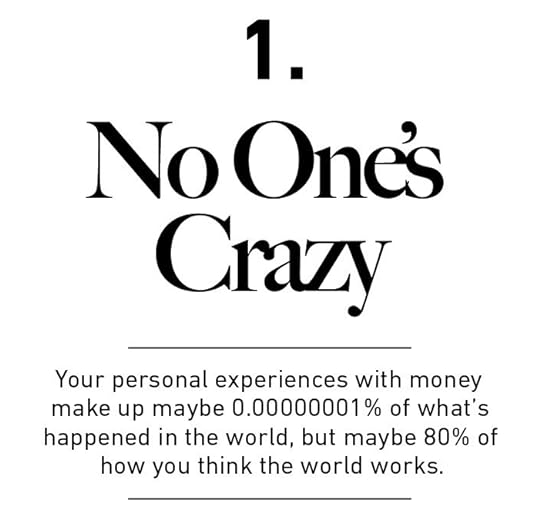
- Mỗi người trải qua các sự kiện khác nhau, sống trong những hoàn cảnh khác nhau ⇒ Quyết định về tiền sẽ khác nhau.
- Người sống trong thời kỳ lạm phát cao sẽ nghĩ khác người sống trong giai đoạn giá cả ổn định
- Con 1 người giàu có sẽ có quyết định chi tiêu khác vs con 1 nông dân
- ⇒ Mỗi người có trải nghiệm khác nhau về kinh tế và tiền. Những trải nghiệm này sẽ định hướng cho các hành động của họ.
-
Luck & Risk is all around you. They don’t fit the stories you want to tell.
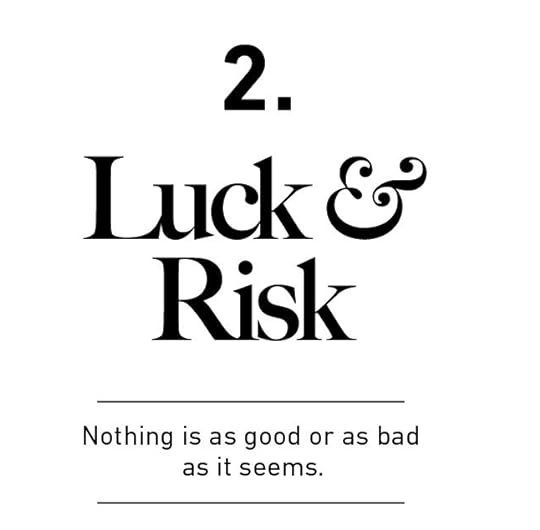
- May mắn và Rủi ro: Rất mong manh, nhiều khi chúng ta cũng không hiểu nổi quyết định đó =))
- FB từ chối Yahoo ⇒ được khen. Yahoo từ chối sát nhập Microsoft ⇒ Bị chửi =))
- Benjamin Graham - đa dạng hóa danh mục - thu lợi lớn từ 1 cổ phiếu GEICO
- ⇒ May mắn chiếm 1 phần rất lớn trong thành công về tài chính của mọi người.
-
If you can’t recognize when you have enough, you will soon have nothing.
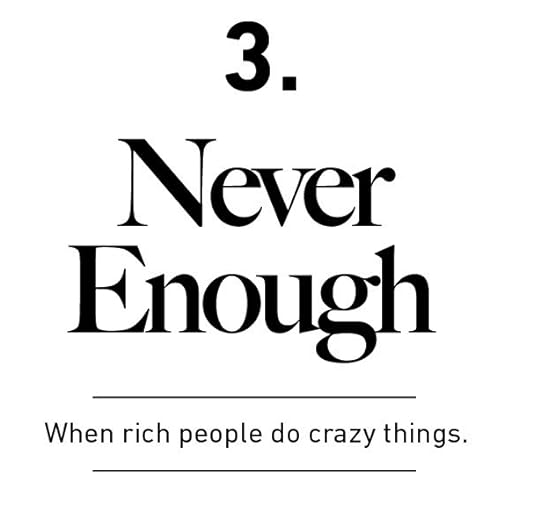
- Câu chuyện về những con người đã rất giàu, nhưng vẫn dùng tin nội gián để chuộc lợi, cuối cùng bị bắt. Hoặc những người đang rất giàu, nhưng luôn muốn có nhiều hơn ⇒ Làm điều bất chính, liều lĩnh hơn rất nhiều.
- ⇒ Hãy biết đủ =))
-
Warren Buffet could have been an ordinary investor if not for his longevity. Investing - if done well - is utterly boring. It’s because the chief ingredient in the growth of a portfolio is time.
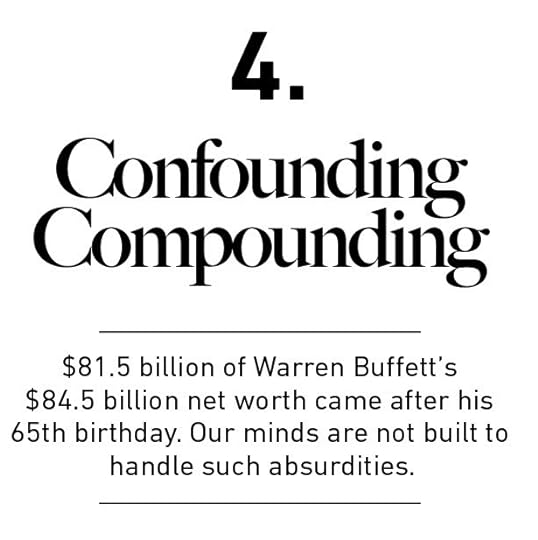
- Warren Buffet trở thành nhà đầu tư huyền thoại, đơn giản vì ông ấy đầu tư tốt và duy trì được điều đó qua nhiều năm.
- Duy trì được hiệu suất đầu tư, không để mất tiền, điều đó mới quan trọng.
-
Getting rich is sometime a lot simpler than staying rich.
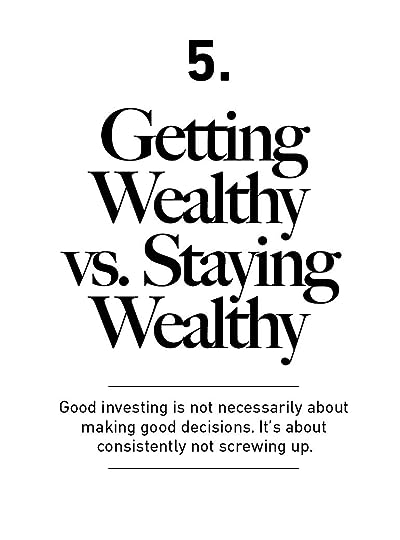
- More than big returns, be financially unbreakable. If you are unbreakable you actually will get the biggest returns, because will be able to stick around long enough for compounding to work wonders.
- Để duy trì được hiệu ứng của lãi kép, hãy cố gắng hết sức, không để bị gián đoạn một cách không cần thiết.
- Hãy biết sợ, bảo vệ thành quả của mình =)) Hedge your bets.
-
A small number of events can account for the majority of outcomes
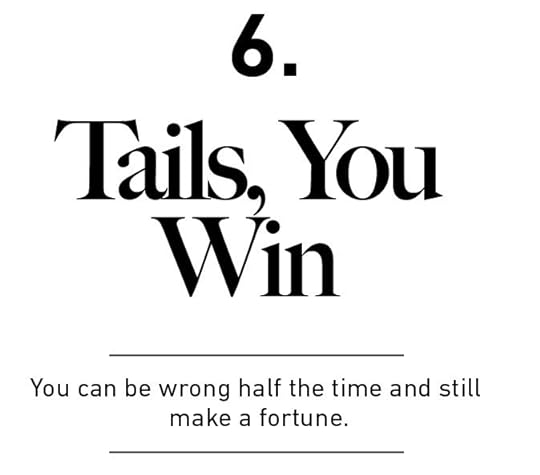
- The tail wags the dog in Finance and Business. Long tails—the farthest ends of a distribution of outcomes—have tremendous influence, where a small number of events can account for the majority of outcomes.
- Đa dạng hóa. Chúng ta có thể sai quá nửa trong số các qđ, nhưng chỉ cần đúng 1 vài lần quan trọng thì sẽ đem lại hiệu quả không ngờ.
-
Control their lives. It is the highest dividend money pays.
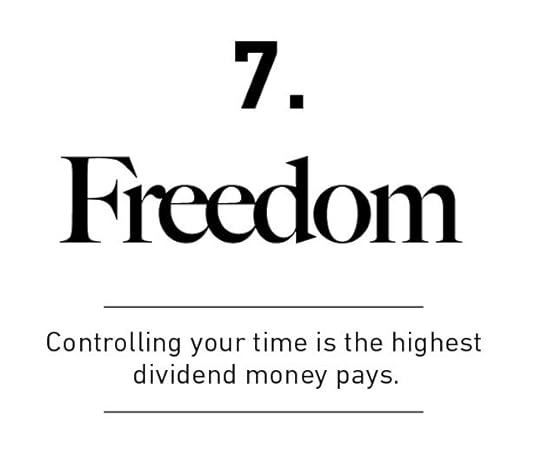
- People want to become wealthier to make them happier. Happiness is a complicated subject because everyone’s different. But if there’s a common denominator in happiness—a universal fuel of joy—it’s that people want to control their lives. It is the highest dividend money pays.
-
The Man in the Fancy Car is irrelevant, because the observers are busy imagining themselves in it.
-
There is no faster way to feel rich than to spend lots of money on really nice things. There’s no faster way to not be rich as well. That’s the paradox of wealth.
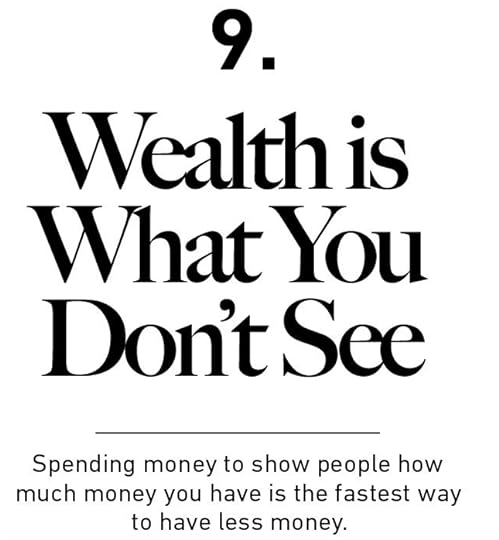
- Hãy dành tiền cho những việc thực sự mang lại giá trị cho bạn, hơn là chỉ dùng chúng để khoe mẽ với người khác =))
-
Savings = Income - Ego
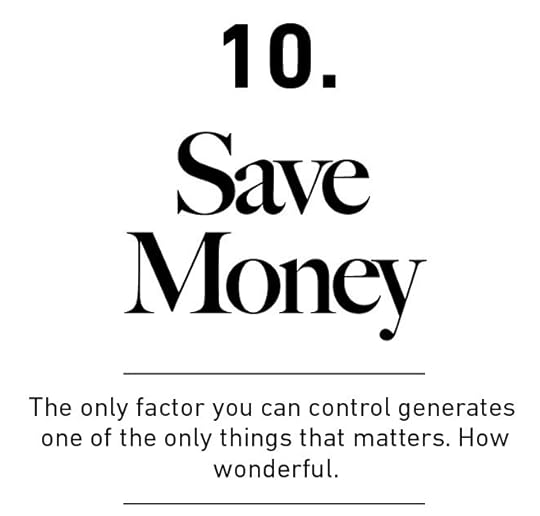
- One of the most powerful ways to increase your savings isn’t to raise your income. It’s to raise your humility. Don’t spend money to show you have money. Savings = Income - Ego
- Sống tiết kiệm lại =))
-
Adopt a reasonable strategy, not an ultra rational one. The plan that you are able to stick to is better than the one that looks good on a spreadsheet.
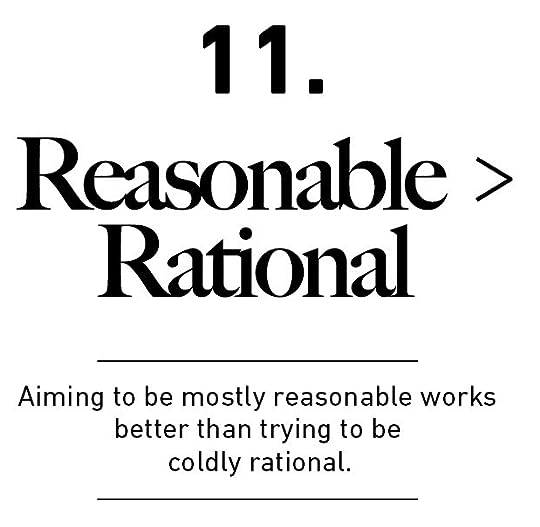
- Hợp lý thì hơn là Lý trí. Ví dụ bạn đi với công ty từ đầu, thì sẽ có niềm tin khi cổ phiếu đi xuống (việc hợp lý), hơn là cắt lỗ (lý trí). hoặc ví dụ khác là người sáng lập quỹ Vanguard vẫn đầu tư lớn vào quỹ (rủi ro) của con trai.
-
“Things that have never happened before happen all the time.”
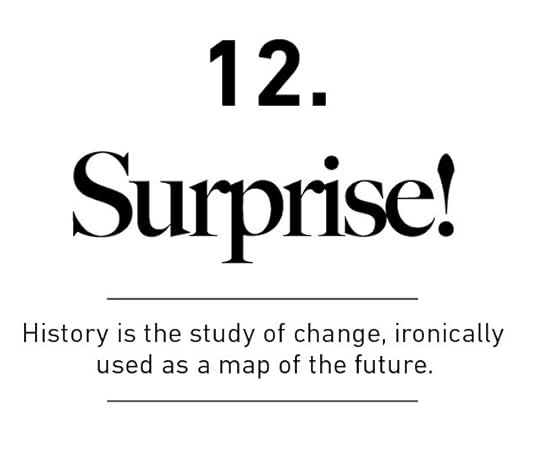
- History is mostly the study of surprising events. 2020 should have taught us this, of course.
- Rủi ro lớn nhất là thứ ta không thể dự phòng. Vì chúng ta không thể dự đoán trước, nên khi nó xảy ra, ta không có sự chuẩn bị ⇒ Hậu quả của nó càng lớn hơn.
- Vụ rò rỉ hạt nhân của nhà máy hạt nhân Fukushima, người ta đã dựa vào “chấn động” lớn nhất trong lịch sử để xây dựng nhà máy điện, cho tới khi có một cơn chấn động lớn hơn.
-
Margin of Safety—you can also call it room for error—is the only effective way to safely navigate a world that is governed by odds, not certainties.

- Dự phòng rủi ro. Margin of safety. Tiết kiệm, dự phòng
- Câu chuyện của Warren Buffet với quỹ tiền mặt lên tới 150 tỷ đô.
-
You’ll change

- An underpinning of psychology is that people are poor forecasters of their future selves. Imagining a goal is easy and fun. Imagining a goal in the context of the realistic life stresses that grow with competitive pursuits is something entirely different.
-
Don’t think of market losses from fluctuations as a fine, but as an admission fee. It’ll help you stay in longer.
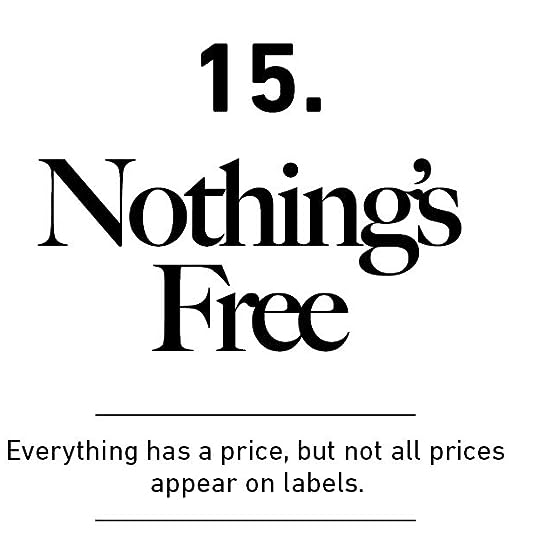
- Mọi thứ đều có cái giá của nó, nhưng không phải lúc nào chúng ta cũng nhìn thấy cái giá đó =))
-
The financial game has one fundamental parameter - the time horizon. Never copy someone working with a different time horizon than you.
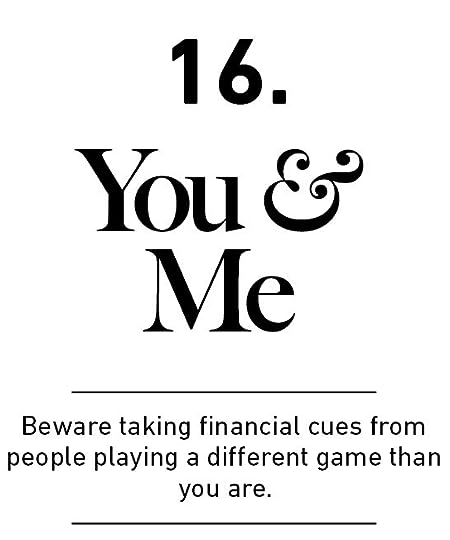
- Mỗi người có khẩu vị rủi ro, background knowledge, … khác nhau. Do đó, hãy cẩn thận khi copy những lời khuyên tài chính từ người khác =))
-
The seduction of Pessimism
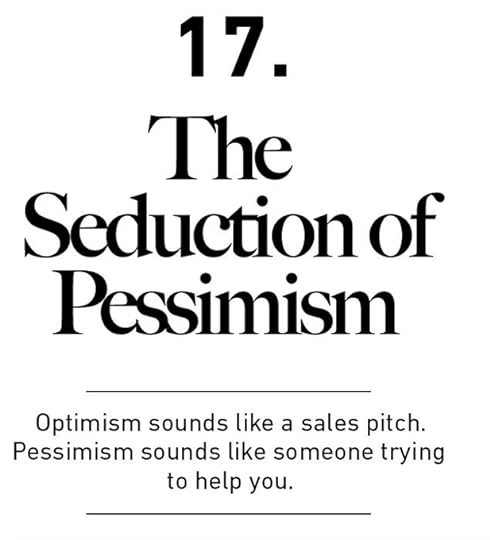
- Optimism is the best bet for most people because the world tends to get better for most people most of the time. Progress happens too slowly to notice, but setbacks happen too quickly to ignore. Pessimism sounds smarter, but optimism is the long game.
- Nếu chúng ta nghe ai đó nói: Bạn sẽ gặp may mắn trong 1 tuần nữa, chúng ta sẽ không chú ý bằng việc ai đó nói với ta: Trông thần sắc bạn không tốt lắm, có thể bạn sẽ gặp họa trong 1 tuần tới. ⇒ Bi quan thì thường được chú ý hơn là Lạc quan =))
-
Trying to make sense of the world is the cause of most mistakes.
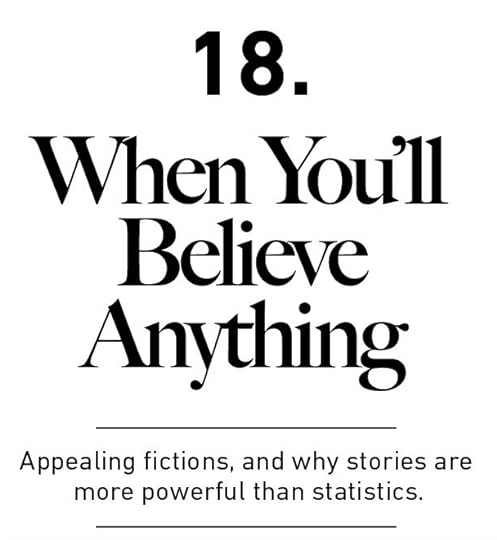
- Psychologist Philip Tetlock once wrote: “We need to believe we live in a predictable, controllable world, so we turn to authoritative-sounding people who promise to satisfy that need.” Respect the mess.
References: Riku Sayuj’s review of The Psychology of Money
